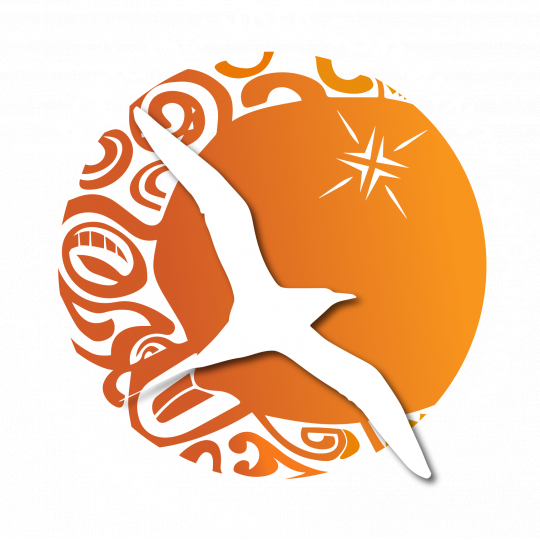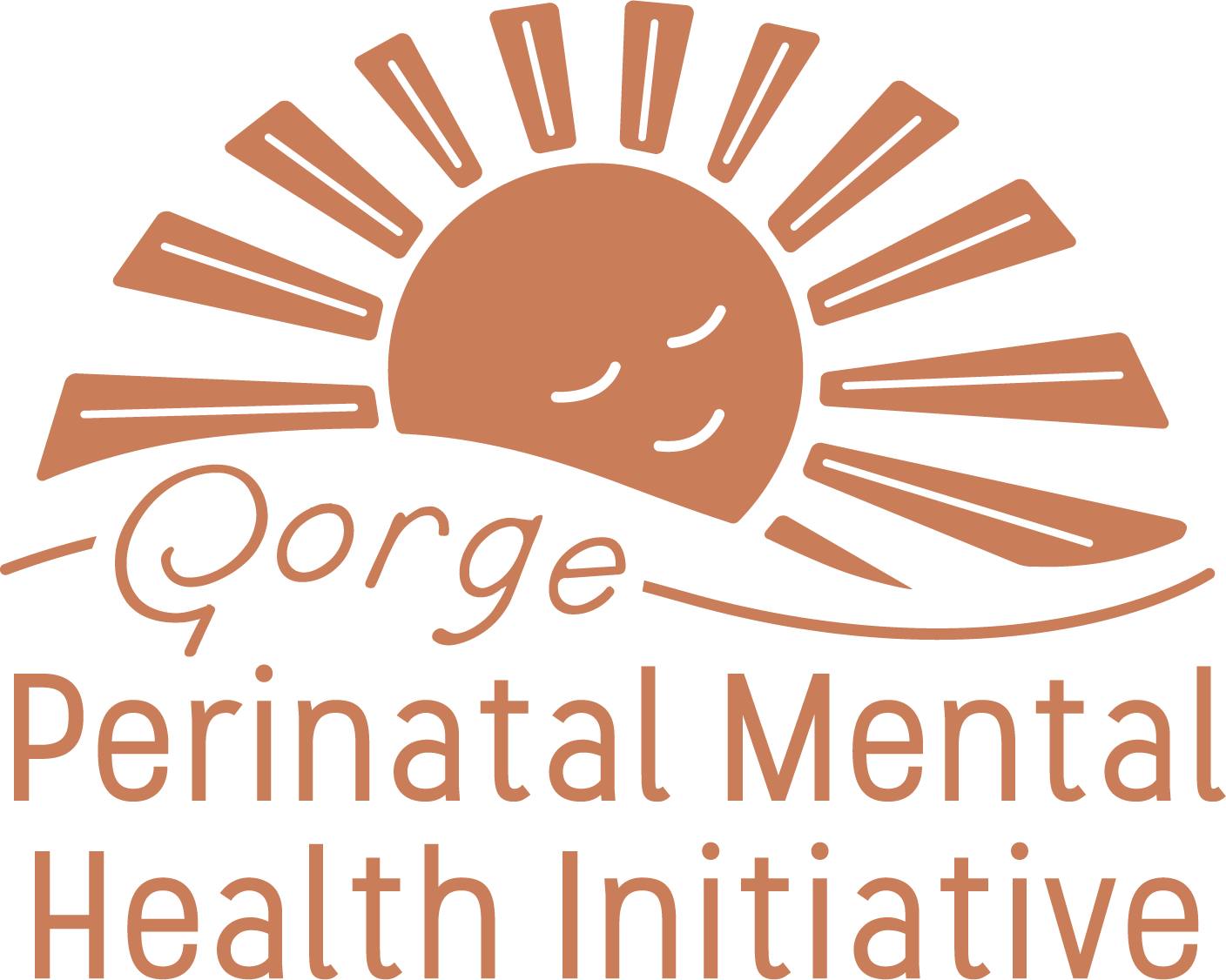Strengthening Our Collective Futures
The Southwest Washington Accountable Community of Health (SWACH) is proud to announce the award of over $1.1 million in grant funding to six organizations working to advance community health, equity, and well-being across our region.
These funds are part of SWACH’s Collaborative Funding Model, which aims to support programs led by and for the communities they serve. Grantees are addressing a wide range of local needs—including culturally grounded wellness, food access, maternal mental health, substance use recovery, and reentry support—through programs designed to meet people where they are.
Our goal with this funding opportunity is to help build capacity through funding, partnership, expertise, and a cohort experience to help local community organizations strengthen their capacity and continue to support communities across Southwest Washington who experience the greatest inequities.
PICA-WA is a statewide community-based nonprofit by Pacific Islanders, for Pacific Islanders. PICA-WA’s Wellness Navigation program is rooted in the understanding that health is about more than doctor visits. It’s about food, housing, connection, safety, and culture—the full picture of what it means to thrive.
Through these funds, SWACH proudly supports PICA-WA’s commitment to strengthening the Wellness Navigation program in Clark County. This initiative focuses on improving health in Pasifika communities by addressing essential social needs and fostering cultural connections. The funding will also help combat food insecurity by enhancing access to culturally relevant foods.
SWACH is proud to award Gorge Perinatal Mental Health Initiative to support this vital work, which provides peer-led mental health support for new and expecting parents in the region.
Through these funds, SWACH proudly supports Gorge Perinatal Mental Health Initiative’s to strengthening the Wellness Navigation program in Clark County. This initiative focuses on improving health in Pasifika communities by addressing essential social needs and fostering cultural connections. The funding will also help combat food insecurity by enhancing access to culturally relevant foods.
With six clinics and three mobile units across the Columbia River Gorge, One Community Health serves nearly 28,000 patients annually—many of whom are low-income, uninsured, or medically underserved. Their deep roots in the community include decades of care for migrant and seasonal farmworkers, bilingual staff, and board members who reflect the diverse populations they serve.
The new funding supports a comprehensive expansion of OCH’s successful Oregon-based HRSN program into two newly acquired Washington clinics in Stevenson and White Salmon. Patients at these clinics—who are disproportionately older, low-income, and more isolated due to the region’s rural geography—will be screened regularly for unmet needs and referred to trusted community partners like WAGAP and the Skamania County Health Department for follow-up care.
About SWACH
With funding from SWACH’s Collaborative Funding Model, The Sober Place dba Couve Collective will grow its capacity to serve Clark County residents through its Recovery Café model. This funding will support new staff, expanded transportation access, and a stronger foundation for one of the region’s most inclusive community spaces for healing.
Couve Collective serves people who are often left out of traditional systems: those experiencing houselessness, BIPOC and LGBTQIA+ community members, low-income families, and individuals working toward recovery. Their space is more than just a café—it’s a safe place to connect, find support, and start again.
Nch’i Wana Housing is a Native-led, Native-serving organization focused on supporting off-reservation Tribal members from the Yakama, Warm Springs, Umatilla, and Nez Perce Tribes. Their work includes everything from case management and rapid rehousing to hosting cultural events like the Columbia River Round Dance and First Foods Feasts.
With funding from SWACH, Nch’i Wana Housing will strengthen its operations, expand outreach to Native communities in Klickitat and Skamania counties, and support programs that meet urgent needs while honoring cultural traditions.
In Southwest Washington, The Foundation WA offers support for youth in the community to build a strong, safe, and supported foundation. Through a comprehensive youth development programs, The Foundation WA aims to address the underlying issues that may lead youths towards negative behaviors, offering them alternatives and support structures that encourage positive development.
Through these funds, SWACH proudly supports The Foundation’s commitment to ensuring that The Restored Transitional Complex operates effectively with a strong support system. The insights gained will help shape future reentry programs in Southwest Washington, creating a scalable model for transitional housing that emphasizes individualized support and community reintegration.
Here at Southwest Washington Accountable Community of Health (SWACH), we are dedicated to the pursuit of health equity, by addressing the barriers that impact well-being in Clark, Klickitat and Skamania counties. Through collaboration, innovation, and community partnerships, we drive sustainable solutions that promote health and wellness for all.
Our vision is a coordinated and community-driven approach to health improvement—where people, organizations, and systems work together to ensure that every community has access to the resources they need for physical, behavioral, economic, and social well-being.






